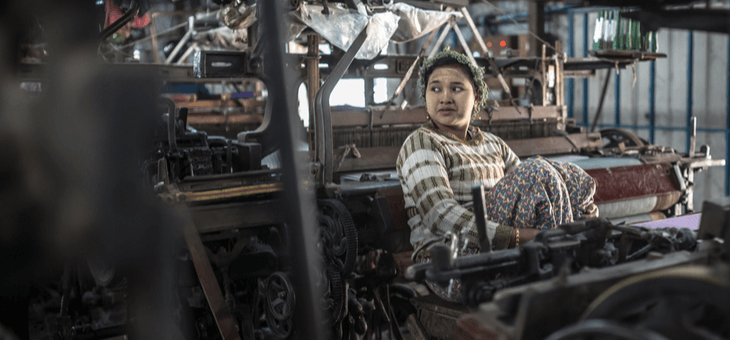Leading human rights organisations have condemned the Australian government for failing to enforce its own laws regarding modern slavery in the nation’s supply chains.
The Human Rights Law Centre (HRLC) – along with a coalition of charity groups, universities and campaign groups – has released a damning report into the effectiveness of Australia’s modern slavery laws, revealing most of the approximately 3000 companies subject to it are failing to meet requirements.
Introduced in 2018, the Modern Slavery Act requires companies operating in Australia with an annual consolidated turnover of $100 million or more to report annually on any instances of exploitation in their supply chains.
The review found 77 of the 102 companies surveyed had failed to comply with basic reporting standards mandated under the law and more than half had failed to identify key risk areas in their supply chains.
As well as including more well-known forms of slavery, the term ‘modern slavery’ is used to describe any form of serious exploitation for personal or commercial gain.
Read: Thousands who withdrew super early ‘forced to do so’
The companies analysed all operated in one of four major modern slavery risk areas: garment manufacturing in China, medical equipment production in Malaysia, the fishing industry in Thailand and fresh produce production in Australia.
“Modern slavery is all around us, but often just out of sight,” says human rights group Anti-Slavery International (ASI).
“People can become entrapped making our clothes, serving our food, picking our crops, working in factories, or working in houses as cooks, cleaners or nannies.
In a supply chain, modern slavery can be present in forms such as forced labour, debt bondage, indentured servitude and child labour.
“From the outside, it can look like a normal job. But people are being controlled – they can face violence or threats, be forced into inescapable debt, or have had their passport taken away and are being threatened with deportation,” ASI says.
“Many have fallen into this oppressive trap simply because they were trying to escape poverty or insecurity, improve their lives and support their families. Now, they can’t leave.”
Read: What to do if you suspect financial elder abuse
A three-year review of the act is due later this year, and the HRLC is hoping the government will add some teeth to the laws by introducing punishments for failing to comply.
“At a minimum, consideration should be given to the addition of penalties and other consequences for companies that fail to report, provide false or misleading information, or submit incomplete reports that fail to address the mandatory criteria,” the HRLC says.
“More fundamentally, however, the legislation should be reoriented towards requiring companies to take action to address modern slavery, rather than simply reporting on their existing approach.
“Many other countries are now moving beyond voluntary reporting towards enforceable obligations on companies to investigate and address modern slavery and other serious human rights abuses in their supply chains.”
Read: Was there slavery in Australia?
Australia’s supply chains have been under immense pressure over the past two years due to the COVID-19 pandemic. Businesses within these chains have faced COVID outbreaks, staff shortages, lockdowns and big hits to their revenue.
Introducing tougher requirements on supply chain businesses right before an election could be political suicide for the government, or it could potentially tip some voters in its favour?
Would discovering the link to modern slavery in the products you buy cause you to rethink your purchase? Were you aware how prevalent slavery still is in the world? Let us know in the comments section below.
If you enjoy our content, don’t keep it to yourself. Share our free eNews with your friends and encourage them to sign up.

